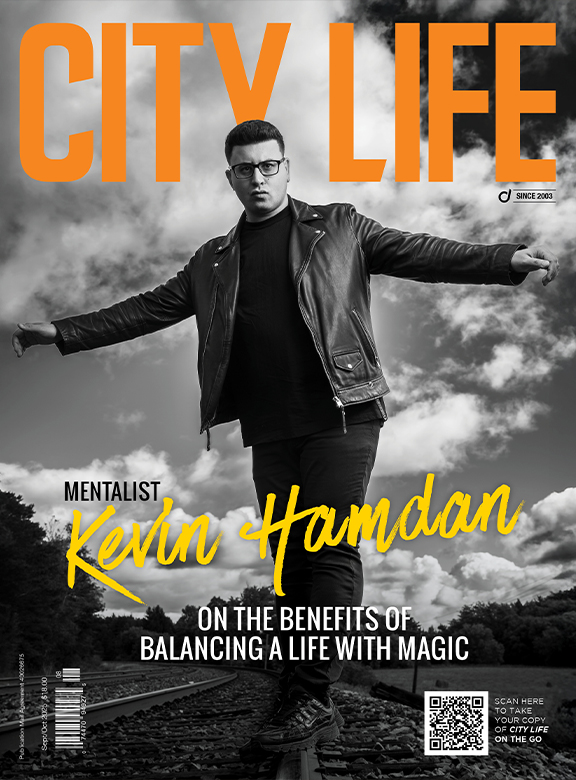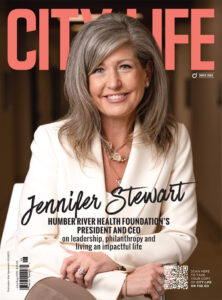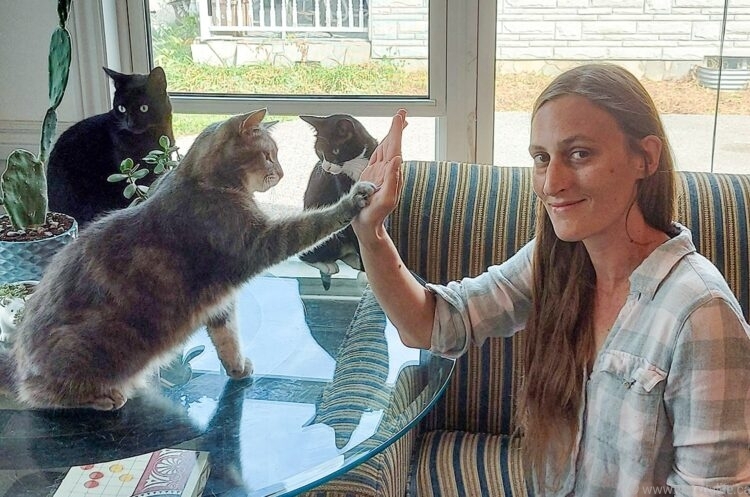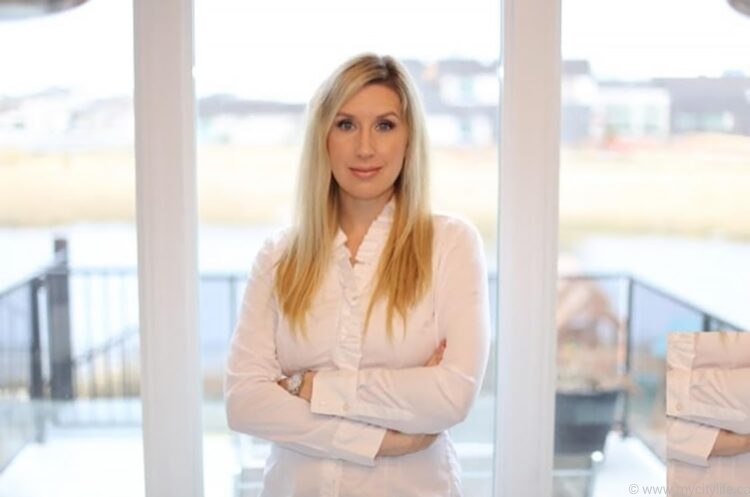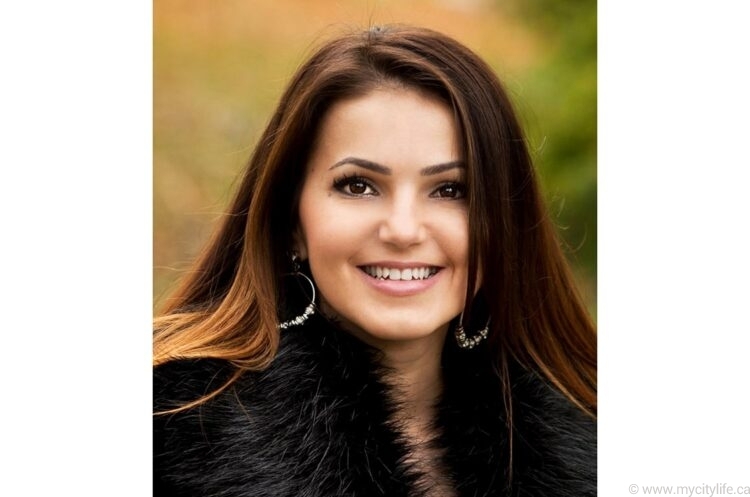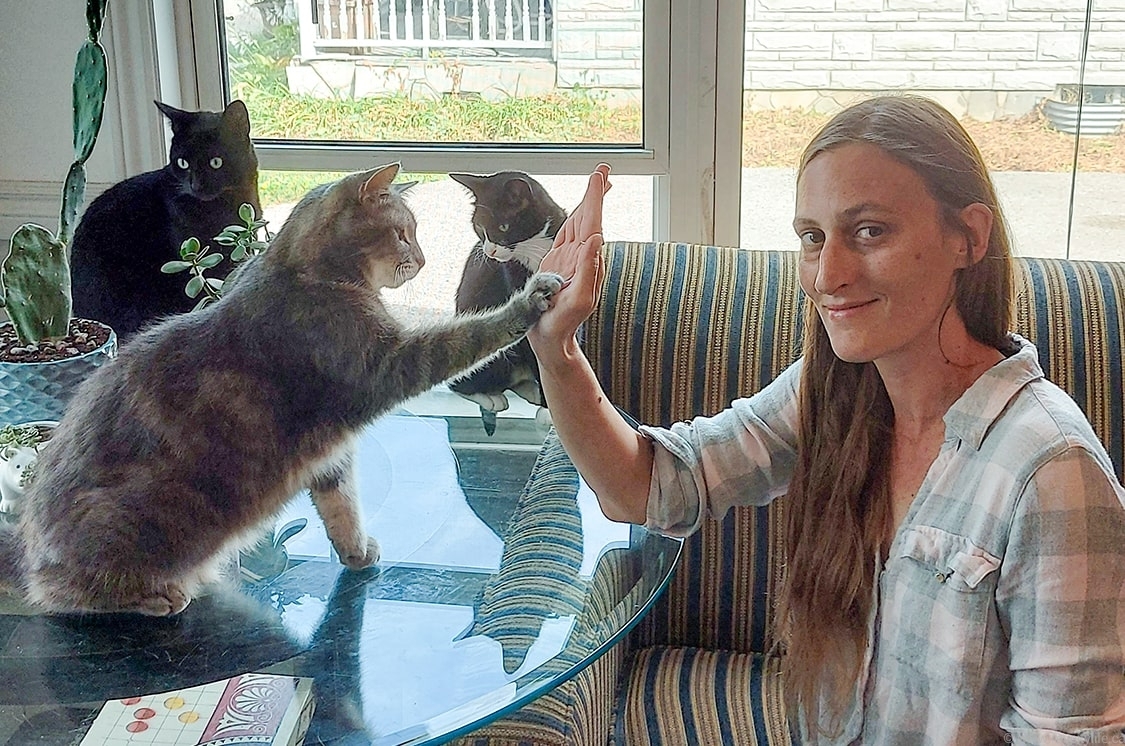It Is A Personal Choice — Or Is It?
As the number of COVID-19 cases decreases, businesses and educational institutions are reopening. Should COVID-19 vaccinations be mandatory to enter these institutions?
Like politics and religion, the topic of one’s COVID-19 vaccination status is controversial — a yes or no answer that leaves people on both sides of the jab shaking their heads. The unvaccinated say the vaccine is too new, that it is unproven and does not stop a vaccinated person from getting COVID-19 and that it merely mitigates the effects of both contracting the disease and dealing with it.
There are all kinds of scientific and medical facts that support and strongly recommend getting a double dose of AstraZeneca, Pfizer, Moderna or Janssen (Johnson & Johnson).
Since the first vaccine was injected into a group of select people in Ontario and Quebec on December 14, 2020, those who are pro-vaccine have been lined up on one side of the cause, while the people who choose not to be vaccinated quote a litany of reasons as to why they are not doing so.
As a woman, I understand the worries around getting the vaccine as it relates to either being pregnant or planning to be so in the near future; it is, without doubt, a worrisome issue. There are as many factors at play for those who choose not to get vaccinated as there are for those who have chosen to do so.
Another dynamic at the heart of the matter, as outlined by the Justice Centre for Constitutional Freedoms in a five-page, July 30, 2021, letter to David Agnew, president of Toronto’s Seneca College, is stated thusly: “Furthermore, this [COVID-19] vaccine requirement is unconstitutional as it violates sections 2, 7, 8 and 15 of the Canadian Charter of Rights.”
(The justice centre intends to launch a legal action against Seneca College on behalf of two of its students if the college does not change its position relative to allowing unvaccinated students on campus.)
Crystal Love, one of the people the justice centre is representing, is in her second year of a two-year veterinary technician program at Seneca. She is not an anti-vaxxer, and, in fact, both she and her three children have had the “other” traditional vaccines. However, Love considers the COVID-19 vaccine to be in a different class altogether.
“The COVID-19 vaccine is marketed as decreasing the severity of the disease’s symptoms, but you can still give and transmit it. Even double-vaccinated people are ending up in hospitals. I need to see more data; the vaccine has not been tested enough, and we have not been given enough information on it,” Love says, her voice cracking with emotion. “I am not afraid of coronavirus, but I do worry about it as I would for other health conditions. I do not want to be thought of as a reckless person, but I worry people may assume this opinion of me themselves.”
Mariana Costa, the other student named in the justice centre’s letter to Seneca, is in her final year of the Fashion Arts Program at the college. She has already completed more than half of the three-year program online, due to COVID-19, but the program’s last two semesters require hands-on participation.
“I reached out to the college to ask if I could continue my final year online, given that I have all the equipment that is needed for the course at home. Unfortunately, this was not permitted. My program requires lab work and the oversight of in-person attendance for certain projects, which doesn’t allow for the course to be completed online,” Costa says.
Allison Kindle Pejovic is the legal counsel at the justice centre representing Love and Costa in their fight against Seneca College’s mandated COVID-19 vaccination policy.
“We are bringing a charter challenge to Seneca’s vaccination policy on the basis that our clients’ constitutionally protected rights have been infringed, specifically, their rights to conscience, privacy and their rights to life, liberty and security as a person. They also potentially may have been discriminated against based on their vaccination status,” Pejovic states. “The first and foremost reason for these students refraining from getting their COVID-19 vaccines is that the vaccines are in clinical trials until 2023, and there is no long-term safety data. They know that at their age, their chance of surviving COVID-19 is 99.95 per cent based on a seroprevalence study out of Stanford University by professor and physician-scientist Dr. John Ioannidis. In September 2020, the Centers for Disease Control and Prevention (CDC) estimated that people in their age group infected with COVID-19 would have a 99.98 per cent survivability rate. This evidence should not be in dispute.”
On the opposing side of Ioannidis’s study is a joint article published June 2, 2021, in the Journal of the Royal Society of Medicine (Volume 114) and authored by Dr. Mohammad Razai of London (U.K.), Pippa Oakeshott, Aneez Esmail, Charles Shey Wiysonge, Kasisomayajula Viswanath and Melinda C. Mills, wherein a 5Cs model to address vaccine hesitancy was recommended.
The report states that, “One of the biggest hurdles to vaccinations is hesitancy: a delay in acceptance, or refusal, despite availability.”
The group offered a 5Cs model to tackle vaccine hesitancy. These include: confidence, (importance, safety and efficacy of vaccines); complacency (perception of low risk and low-disease severity); convenience (access issues dependent on the context, time and specific vaccine being offered); communications (sources of information); and context (sociodemographic characteristics).
As far as Seneca College is concerned, its decision stands firm. In a July 23, 2021, article in the Toronto Star, Agnew wrote: “In the past few weeks, I have been asked innumerable times if it was a difficult decision to require students and employees to be vaccinated as a condition of coming on campus in September at Seneca. Honestly, in my 12 years as president, it was one of the easiest decisions.”
While the president’s office declined to comment for this article, in an August 24, 2021, Toronto Star article, Agnew wrote: “Note that ‘mandatory’ vaccination policies fall into two camps: those with frequent testing for the unvaccinated and those that don’t.”
Agnew went on to say, “Here’s why Seneca is not offering testing as an alternative to getting vaccinated. The foundation of every public health strategy to defeat a virus is vaccinations. Full stop.”
With the number of COVID-19 infections rising in the last few weeks – in mid-July, 2021, there were fewer than 120 cases reported for that day, but on August 28, 2021, the one-day total of new COVID-19 cases had jumped to 835 – is it time to once again have a public open-ended discussion to clear up the many bits of misinformation that have occurred over these past many months?
The Justice Centre is a charity funded by private donations, and its lawyers represent all of their clients pro bono. Pejovic says that the desired outcome of the Love/Costa judgment is: “a declaration from the court that the actions of Seneca College are unconstitutional and have violated our clients’ Charter rights, and that the requirement be lifted so that Love and Costa can finish their programs and pursue their chosen careers.”
So, what will Love and Costa do while they are waiting for a decision as to whether they can resume their studies on campus?
“I am not sure quite what to do,” Love says, her voice dusted with tears. “I was hoping that the college would change their mind, but it doesn’t look like that is going to happen. I just want to get back to school and finish my program. I did very well and I loved it. In the end, I think we should be given a choice.”
At the end of the day, the elephant-in- the-room question still remains: “At what point does an individual’s freedom to choose supersede the well-being of the masses?”
Finding the right answer is what keeps many of us up in the night.
